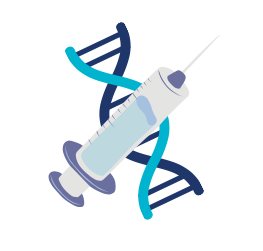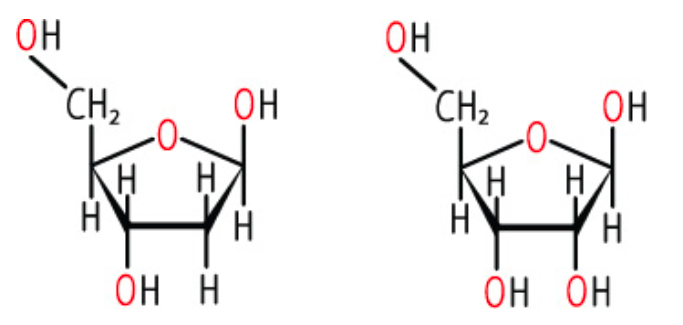
Last month, the FDA approved two vaccines, from Pfizer and Moderna respectively, to begin the process of immunization against COVID-19 across the United States. Despite this major milestone in protective measures, there is a new coronavirus curveball: variants of the already deadly virus.
Most recently, the London variant has made headlines after confirmed cases of the virus in California, Colorado, and Florida, but the WHO has also recorded other variants, such as 501Y.V2 in South Africa. But what do these variants mean for the long-awaited vaccines and their potential protections?
How do Virus Mutations Arise?
In order to understand how these COVID-19 variants might impact the efficacy of the Pfizer and Moderna vaccines, one must first understand how viruses mutate in the first place.
Viruses, though not considered living, contain genetic information in the form of DNA or RNA. DNA, which stands for Deoxyribose nucleic acid, is the genetic compound which forms a signature double-helix and is the primary means of storing genetic information in our cells. RNA, or ribonucleic acid, is another variation of nucleotides. One of the key differences between DNA and RNA is the number of hydroxyl, or -OH groups, on each of their sugar molecules, seen in the image below, with the DNA sugar on the left and the RNA sugar on the right.

While the lack of a single hydroxyl group may not seem like it would make a lot of difference, the structure of DNA is far more stable than that of RNA, and this variation in reactivity dictates the roles of DNA and RNA wherever they are used. DNA, with its greater stability, is able to store genetic information for long periods of time and harbor limited mutations, a necessary trait to achieve proper gamete production and cell replication. The greater reactivity of RNA also has its benefits. As a reproducible intermediary, RNA can transport genetic information throughout a cell to be used and then quickly degraded according to a cell’s needs.
Every time genetic information is replicated, there is the possibility that there will be a mutation, either a deletion, insertion, or substitution of one type of nucleic acid for another. DNA polymerases, involved in replication, are able to proofread the insertion of bases to reduce the possibility of these mistakes in the DNA. RNA polymerases lack this ability, meaning any change to the RNA could cause a change in the structure or function of any proteins performing operations throughout the cell.
What Does This Have to do with COVID-19?
As I stated earlier, viruses also make use of DNA and RNA, though usually they will only use one or the other depending on the particular virus’ reproductive strategy. The primary goal of any virus is to produce as many copies of itself as possible and to spread those copies to as many cells as possible. DNA viruses, like herpesvirus, smallpox virus, and papillomavirus, prioritize larger genomes, with greater stability than their RNA virus counterparts, which allows them to encode many proteins to aid in their invasion into a given cell. These viruses, however, owing to their stability and their DNA polymerases, are also less likely to mutate, meaning that vaccines aimed at protecting against these viruses are likely to remain successful for years.
RNA viruses, instead, make use of their greater likelihood for mutation as a way to adapt to the host around them. The flu, part of the Orthomyxoviridae family of viruses, is one example of RNA viruses. The rapid mutations of the flu resulting from its instability as an RNA virus is why there is a new recommended flu shot every fall.
Coronavirus is another example of an RNA virus, which, as we’ve seen, can also rapidly mutate, which, without appropriate distancing and masking to reduce infection rates, could prevent the timely release of an effective vaccine. If COVID-19 is allowed to continue to spread and replicate, new variants have the ability to outpace our vaccine development abilities.
What the Experts Think:
As of now, evolutionary biologists and other experts remain hopeful that the vaccines created by Moderna and Pfizer will continue to be effective against the London and South African variants, however, these results remain inconclusive. According to Nature.com, researchers hope to have more information about the variants and the possible effects on vaccine efficacy by next week. For now, though, adhering to social distancing and masking recommendations from the WHO remains imperative, not only to ensure the health and safety of you and those around you, but also to reduce the opportunity for the generation of future variations.

Leave a Reply